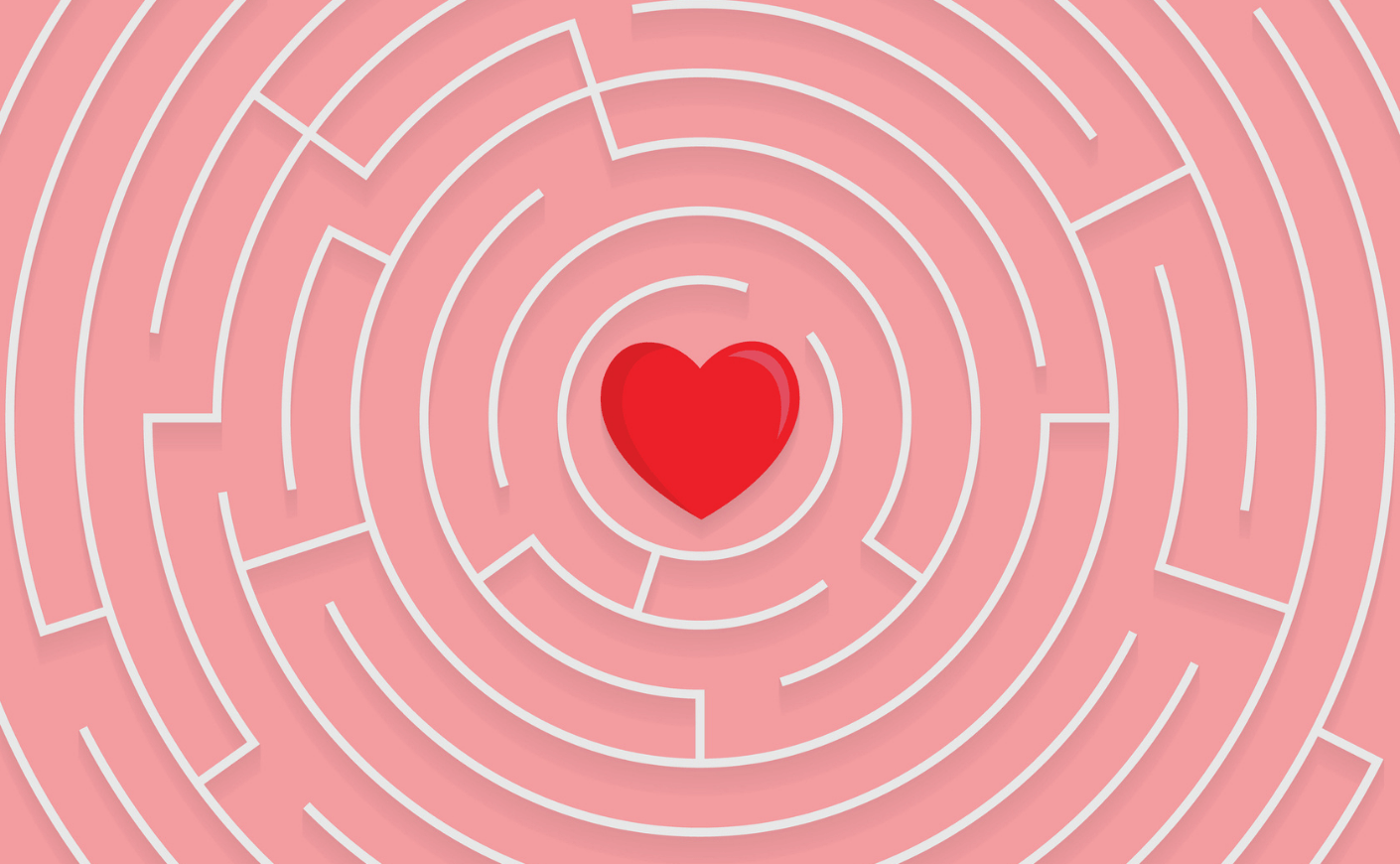And why apps and sites might’ve made it easier.
Dating is hard enough as is, but adding a mental health condition into the mix can make it feel nearly impossible. Due to the lingering stigma around mental health issues, many who live with them often struggle to connect and open up for fear of what others might think.
As she details in her new book, Overthinking About You: Navigating Romantic Relationships When You Have Anxiety, OCD, and/or Depression, comedian Allison Raskin understands this all too well. At just four years old, Raskin was diagnosed with obsessive compulsive disorder (OCD), a condition that’s typically marked by excessive thoughts that lead to repetitive behaviors. While it’s often stereotyped and belittled as a personality trait in our culture, OCD is actually a disabling mental illness that affects between 2 and 3 million Americans.
Raskin’s struggles with OCD were compounded by anxiety, which made it almost unbearable to even go through the regular discomforts of dating, like waiting for the always highly anticipated text after a first date. “I had a real inability to sit with uncertainty when it came with relationships,” she tells us. “I really needed to feel like everything was locked down right away.”
Thankfully, she found online dating a welcome space, just like millions of other Americans: Almost two in five people say they have used a dating app or website at some point in their lives, according to the research company YouGov.
But Raskin says that dating apps can easily lead to burnout if you’re not using them in a productive way. That’s why she recommends figuring out what you’re really looking for in a prospective partner, and then being more discerning about who you’re matching with.
“It’s really important to add that step of having a phone call or FaceTime before you bother to meet in person,” says Raskin, “because that’s just going to lower the bad full-length dates that you have.”
She adds that it’s also key to make a list of your requirements, and dealbreakers, for a potential partner. These include behaviors, values, and characteristics that you must have in a future mate, whether they’re around for the long-term or in a more casual situation. (Dating experts say the topics with the most potential to cause friction include a partner’s stance on having children, how they handle their finances, and whether they have career ambitions.)
“Getting in touch with your values is really important,” Raskin says. “I’m someone who’s really close to my family and I talk to my parents multiple times a day, so I couldn’t be with someone who judged me for that.”
Still, along with dating inevitably comes the pain of rejection, which Raskin admits she hasn’t always found easy. (And suffering from clinical anxiety certainly doesn’t make rejection any easier to tolerate.) While writing the book, she got engaged — then her fiancé walked out on her six months later without a word or explanation. As painful as this experience was, she ultimately came to realize that it wasn’t a reflection on her, or of her overall value.
“It’s important not to focus on rejection, because every single person you admire or deeply love has been rejected at some point in their life,” she says.
As for silver linings, Raskin found hers: Even though the unexpected breakup forced her to make several rewrites (including the last chapter about their relationship), she says the process ultimately made both the book and her stronger.
“The message of the book is that even though it might be a bit harder for us who struggle with our mental health,” she says, “we still deserve love. And we still need to care enough about ourselves to keep going after it.”








